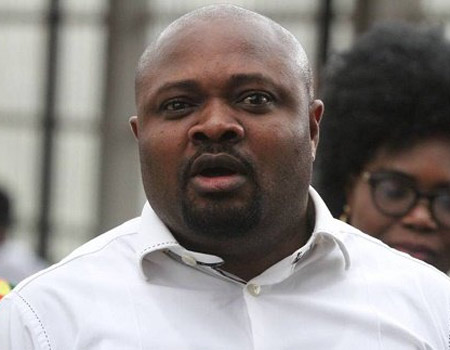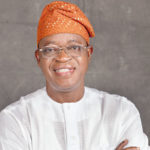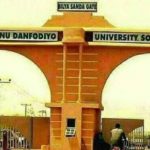Reprieve on Thursday came the way of Emmanuel Waripamo-Oweu Dudafa, Senior Special Assistant to former President Goodluck Jonathan, who was charged before the court for conspiracy, forgery and laundering of the sum of N1.6 billion, as a Federal High Court discharged and acquitted him of the charges.
Also discharged and acquitted alongside Dudafa, on the offences by the Economic and Financial Crimes Commission (EFCC), is a banker, Iwejuo Joseph.
In discharging the duo of the 22 counts charge, Justice Mohammed Idris held that the prosecution has failed to prove its cave against the defendants.
The judge also said the prosecution was unable to link Dudafa and Iwejuo to said crimes
The judge while reviewing the documentary and oral evidence of the parties, stated that the prosecution case collapsed because they failed or refused to call vital witnesses that would have helped their case.
In particular, the judge held that the failure of the prosecution to call Sombre Omeibi, Colonel Sambo Dasuki, the former National Security Adviser during Jonathan’s regime, Mr. S. A. Salihu, a Director of Finance in the NSA office, the Central Bank of Nigeria (CBN) governor or its representative, or any member of Otueke Anglican Communion, was fatal to the anti-graft agency’s case.
Justice Idris said its not the numbers of the witnesses called that matters in a trial, but vital witnesses that can throw light into the grey areas.
He added that if the prosecution had called anybody from Otueke Anglican Communion, the witness would have been able to tell the court whether or not they gave the money realised from the fundraising to ex-president Jonathan to hold in trust for them. And that Dasuki or the representative of the CBN if called would have been able to clear the air on whether money was actually released.
ALSO READ: Armed robbers kill POS sales girl in Akure
The judge while holding that the anti-graft agency was unable to prove the 22-count charge against the duo, said that both Dudafa and Iwejuo were not directors or signatories to the companies alleged to have been used in laundering the money and as such, they could not have authorised the release of the money into other accounts
On the allegation of forgery against Iwejuo, the judge faulted EFCC in that they failed to provide material evidence that the banker indeed forged documents or someone’s signature.
On the allegation of non-declaration of assets by Dudafa, the court held that evidence before the court showed that the Senior Special Assistant to ex-president Jonathan did declare his asset.
Justice Idris, citing plethoras of authority, said the prosecution based its case on suspicion and that it failed to prove the ingredients of money laundering.
On the issue of the three bags of money collected from Jonathan’s ADC, the judge said that Dr. Dudafa admitted collecting the bags, but that he did not know the content. While the prosecution was unable to prove that the content of the bags was money either Naira or Dollars.
Justice Idris said that while the judiciary would be part of the war against corruption, it should be done within the ambit of the constitution.
Consequently, the judge said that from the all evidence before the court, the prosecution has failed to prove the case of conspiracy, forgery and money laundering against the defendants.
“The two defendants are hereby discharged and acquitted of all the 22 counts amended charge,” the judge held.
Tribune Online recalls that both Dudafa and the banker, Joseph Iwejuo were first arraigned before the court on the alleged crimes on June 15, 2016, by the EFCC.
During the trial, the prosecution called seven witnesses and tendered several documents as exhibit, while Dr. Dudafa and Iwejuo only testified for themselves.
WATCH TOP VIDEOS FROM NIGERIAN TRIBUNE TV
- Relationship Hangout: Public vs Private Proposals – Which Truly Wins in Love?
- “No” Is a Complete Sentence: Why You Should Stop Feeling Guilty
- Relationship Hangout: Friendship Talk 2025 – How to Be a Good Friend & Big Questions on Friendship
- Police Overpower Armed Robbers in Ibadan After Fierce Struggle






